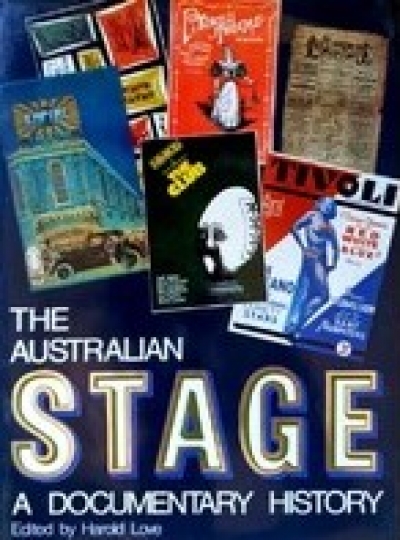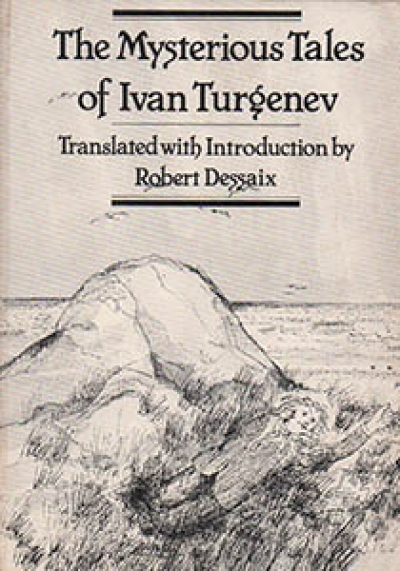Translations
Bertolt Brecht: Journals 1934–1955 edited by John Willett, translated by Hugh Rorrison
by Noel King •
The Elephant Vanishes by Haruki Murakami, translated by Alfred Birnbaum and Jay Rubin
by Alan Wearne •
Twentieth Century Australian Poetry edited by Yasuko Claremont
by Hiroshi Ito •
The Australian Stage edited by Harold Love & Reverses by Marcus Clarke, edited by Dennis Davison
by Helen Thomson •
Aesychlus: The Oresteian trilogy: A theatre version by Rush Rehm
by Dennis Pryor •
The Mysterious Tales of Ivan Turgenev edited by Robert Dessaix
by Judith Armstrong •




